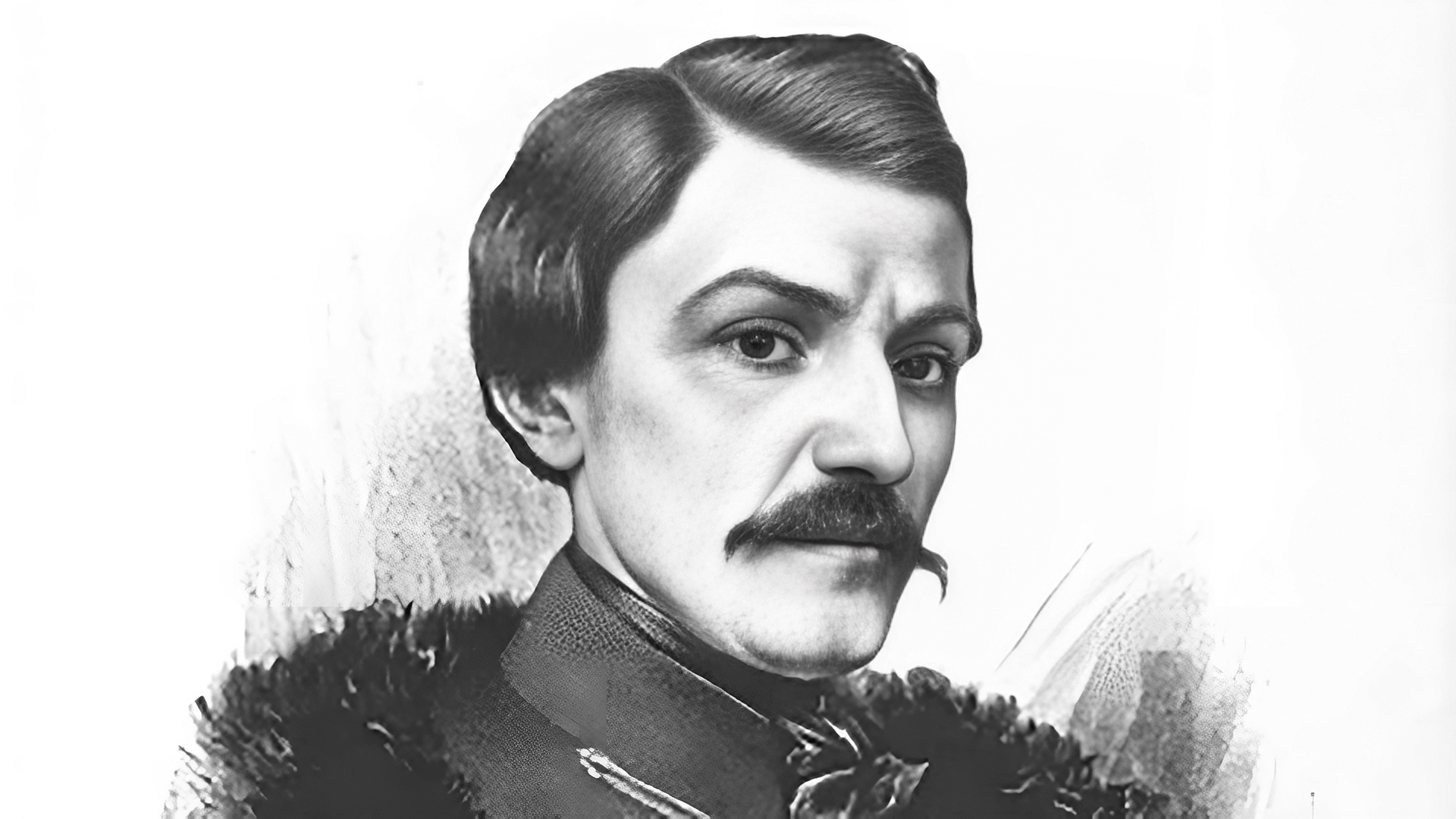Written by Jitka Cizkova

Karel Havlicek Borovsky was a Czech writer, journalist, poet, and politician who played a significant role in the period of the Czech National Revival. The epithet Borovsky was derived from the town of Borova where he was born on the 31st of October 1821. Borovsky is considered the father of Czech journalism, satire, and literary criticism.
His parents, Matthias Havlicek and Josephine Dvorak raised him in the village of Borova. He spent a part of his childhood in Nemecky Brod, which is now called Havlickuv Brod in honour of Karel Havlicek Borovsky. He learned at the grammar school in Nemecky Brod before going to Prague to study philosophy. His greatest wish was to influence people. Karel Havlicek Borovsky was not pleased with the Prague Priestly Seminary because of its opinions against the Czech National Revival and conservatism. He criticized the Catholic Church ever after.
After leaving the Prague Priestly Seminar, he went to Russia where he worked as an educator. After returning to Prague in the year 1844, he understood that Slavic mutuality is not real. That same year, his first printed work appeared in the Prague Post Newspaper. Two years later he became the editor of the same newspaper. He worked there until 1848 when he established his own newspaper, National Newspaper. These were the first publications to be written in Czech in the Czech lands.
When Karel returned from Russia, he met Julie Sykora at a salon where she worked. They got married on the 4th of March 1848. In the same year, Karel’s only daughter Zdena Havlicek was born. He contributed to the third Slavic Congress in 1848, and he was also chosen to the Austrian Constituent Assembly in 1848. He acted there more as a journalist instead of a politician, and he, therefore, resigned in December 1848.Karel Havlicek Borovsky denounced the government very strictly in his newspaper and therefore the National Newspaper was forbidden unless he promised not to criticize the March Imposed Constitution. He did not listen to the wishes of the government and the National Newspaper was banned in the year 1850.
He fled to Kutna Hora and there he published the magazine Slovan. He stood trial many times and was always acquitted. In the year 1951, he returned to Nemecky Brod where he wanted to live in seclusion and not involve himself socially.
In December 1951 around the three o’clock in the morning Commissioner Franz Dedera and two police officers entered Borovsky’s house. They asked him to follow them and took him to Brixen. During his stay there he wrote a few of his best-known works such as Krest svateho Vladimira, Tyrolske elegie, and Kral Lavra. After signing a protocol, in which he promised that he will not continue in public activities, he was allowed to go back home.
He returned to Prague on the 15th of May 1855 and on his way back he discovered that his wife had died a month before of tuberculosis. After his arrival, this illness was spotted by Havlicek and his daughter Zdena. He was forbidden to return to Prague and therefore he stayed in Nemecky Brod. Once his condition got worse, he was moved to Sternberg for healing springs. On the 24th of July 1856, he swallowed too many sleeping pills. The next day the doctor Joseph Podlipsky took him to Prague, where he died five days later.